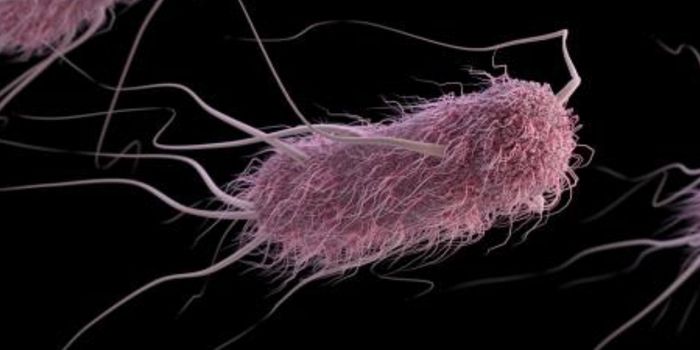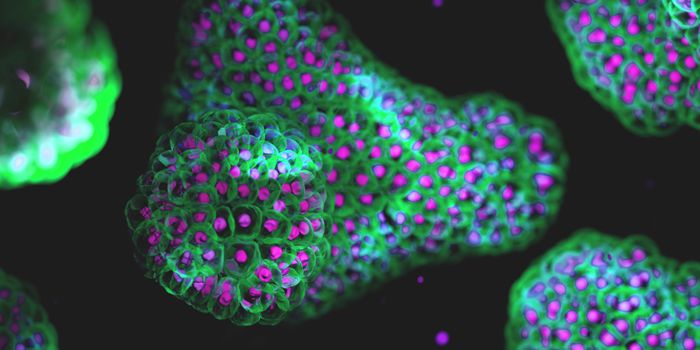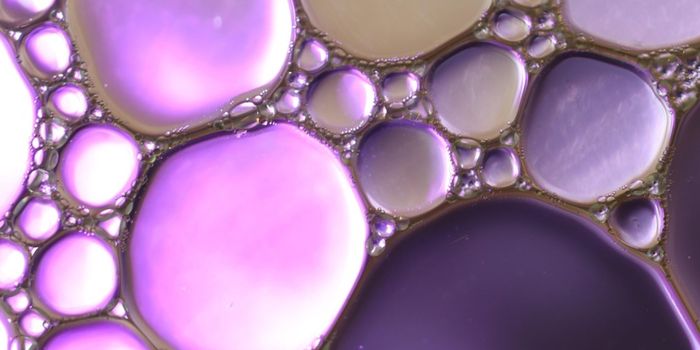This isn’t the first time I’ve
written about Ebola (and it probably won’t be the last). Recently, a number of techniques for quickly diagnosing Ebola have been developed, and could make it to market in the (hopefully near) future. Until now, however, there has been little progress towards vaccines or therapeutics for the virus. Researchers at the US Army Medical Research Institute of Infectious Diseases and Gilead Sciences isolated a compound called GS-5734 that cured monkeys of Ebola virus disease (EVD).
Ebola virus causes a devastating hemorrhagic fever in humans and non-human primates, where the average survival rate is about 50%. Clinicals symptoms include fever, headaches, vomiting, and bleeding, both internal and external. Death often results from low blood pressure and overall fluid loss.
GS-5734 is a nucleotide analog that inhibits the viral RNA polymerase, but does not affect host polymerases (an important consideration). The group first tested the ability of GS-5734 to inhibit Ebola virus replication in human cell culture. Next, they treated one group of Ebola-infected monkeys with 3 mg/kg of GS-5734, but only 50% of them survived. They treated a second set of monkeys with a higher dose of the drug, 10 mg/kg, and all of the monkeys survived. Clinical symptoms of EVD such as excessive bleeding were also reduced. Although viral load was significantly decreased, it does not appear that the monkeys were “cured” of the virus.
GS-5734 was also effective against other
Filoviruses such as Marburg, indicating it could serve as a broad-spectrum anti-viral. However, the fact that Ebola virus was still detectable in the “cured” monkeys leaves me only cautiously optimistic.
Check out the following video for information on Ebola gene-silencing technology being developed in Canada by
Tekmira.
Sources:
ID Week 2015,
Medical News Today, Genome Web, Wikipedia









